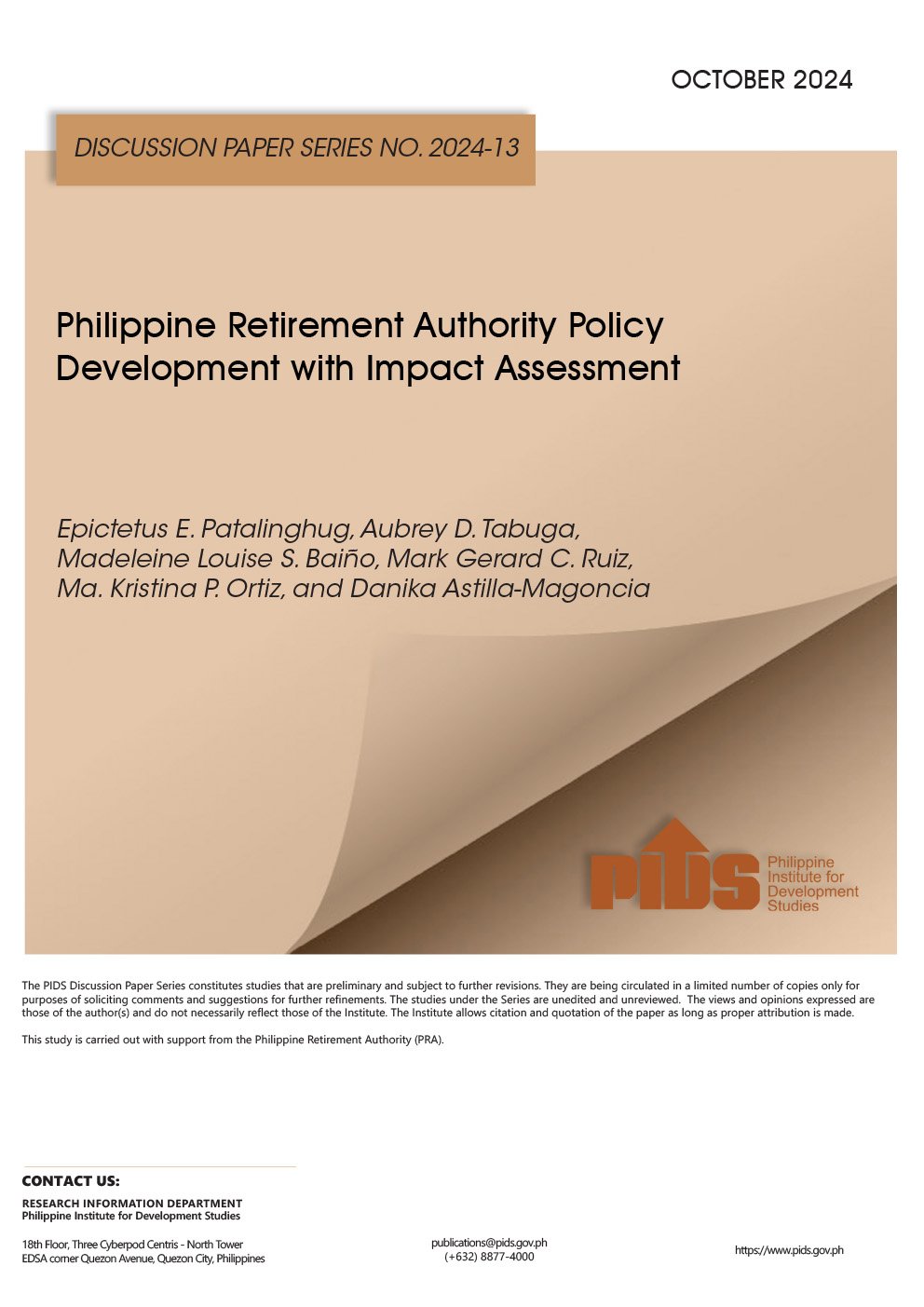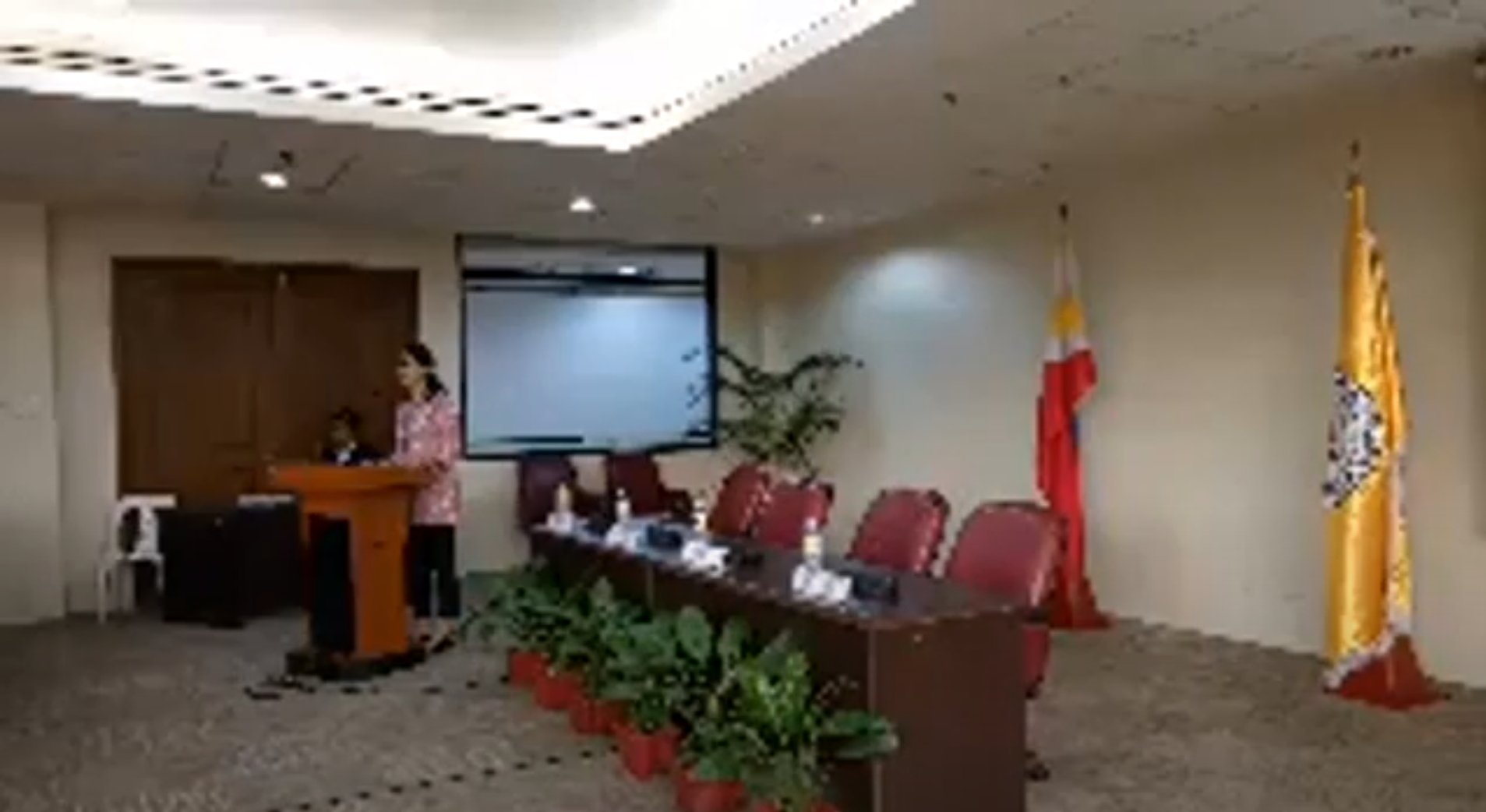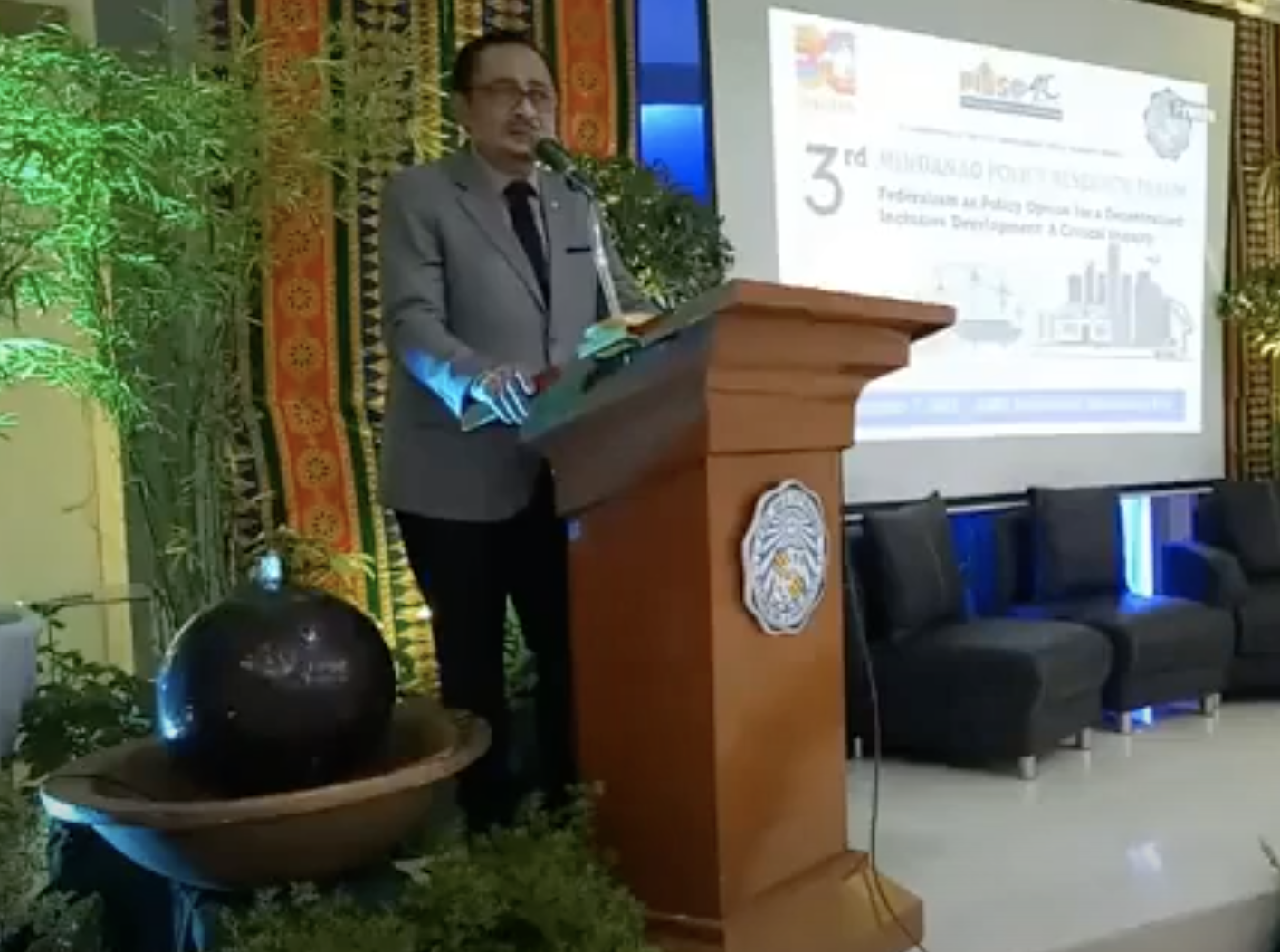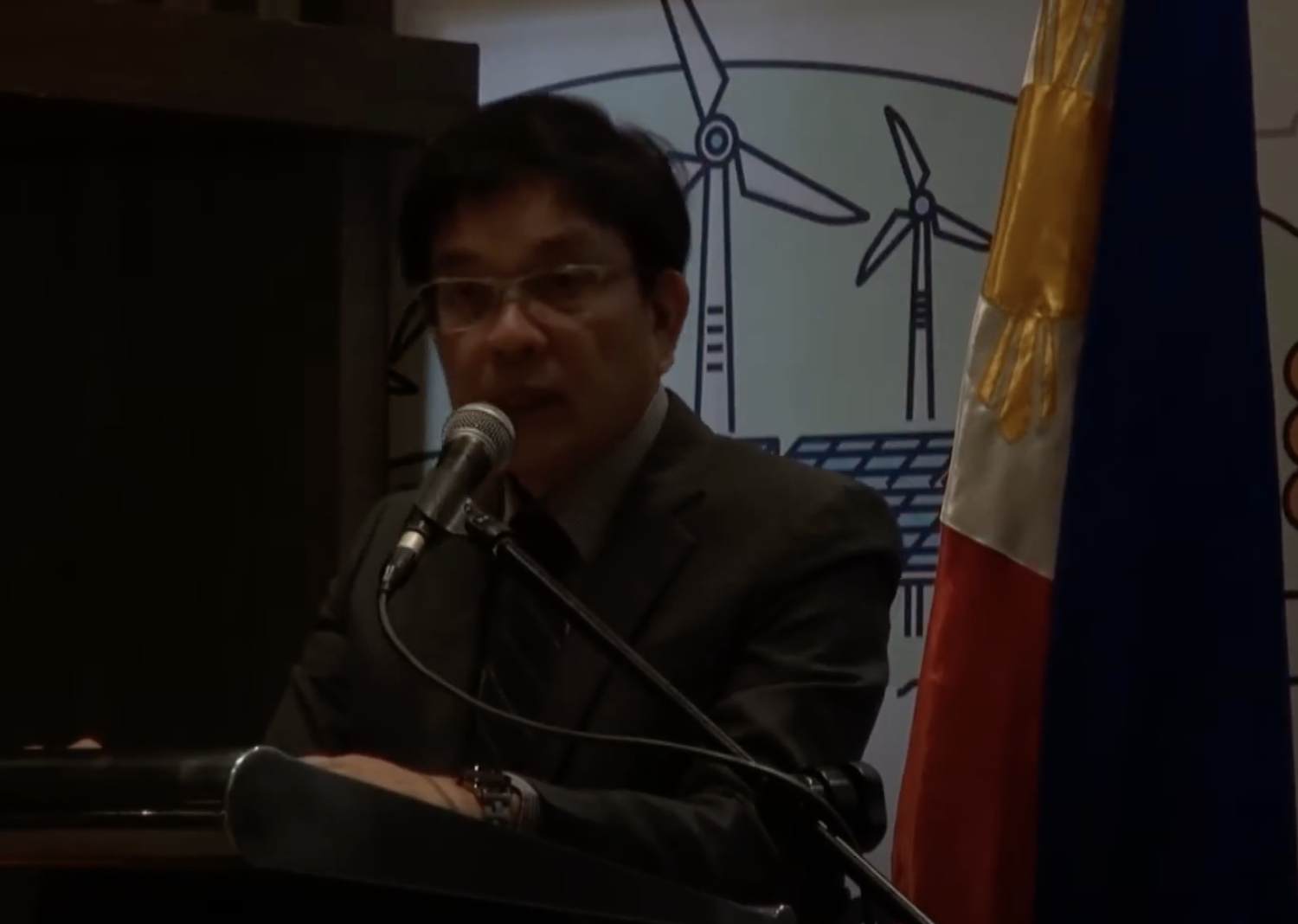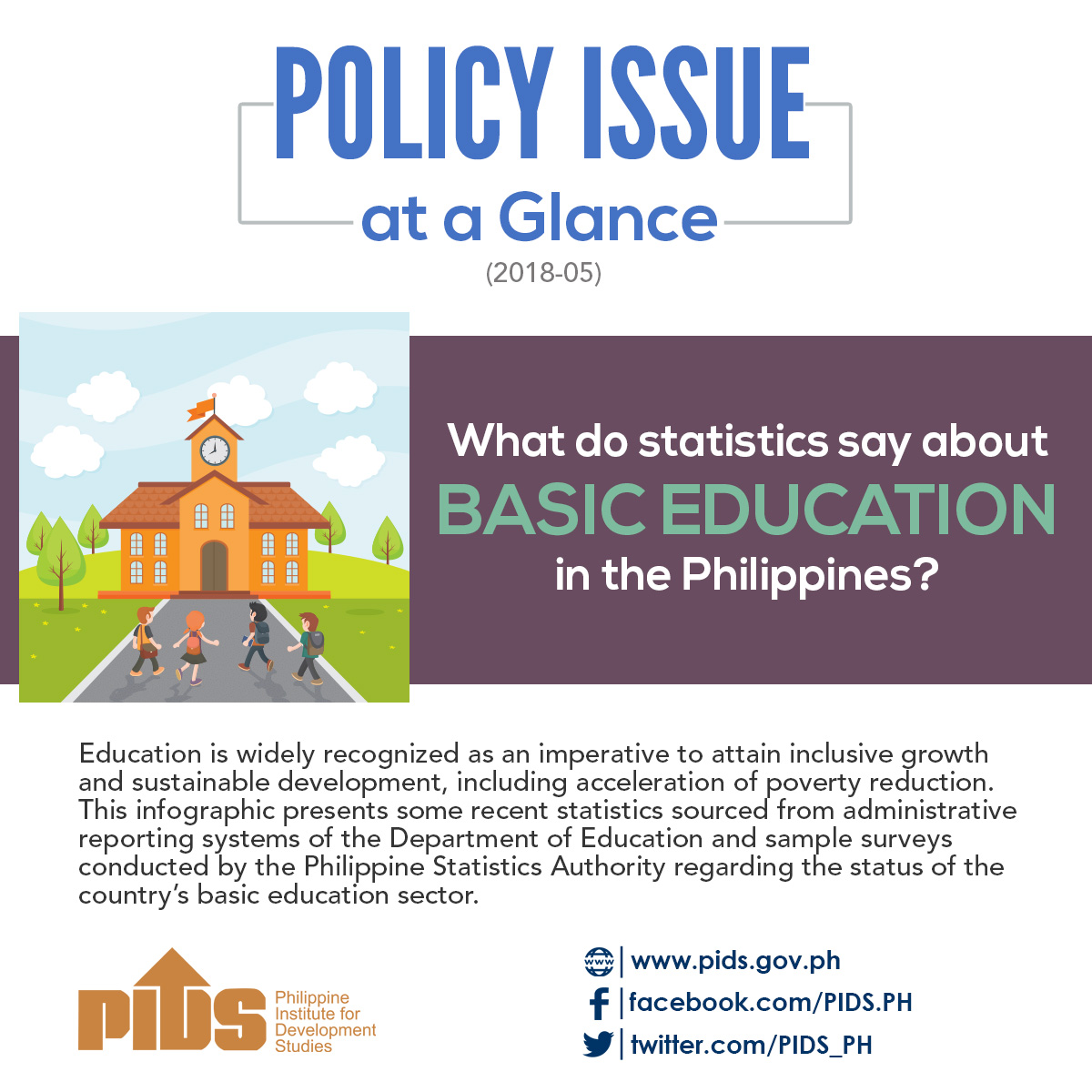The Philippine Statistics Authority (PSA) could become the first federalism-ready agency.
In an interview on the sidelines of the Philippine Statistical Development Program 2018 to 2023 Consultative Workshop on Wednesday, National Statistician Lisa Grace Bersales said the presence of the PSA in all regions and provinces makes it easy for the agency to transition into a federal format.
Bersales, who was the former dean of the University of the Philippines (UP) School of Statistics, also said that, in her view, the PSA should remain a national agency even under a federal form of the government.
“We are in all provinces anyway, so we’re ready for any federal system. And its my opinion, not the PSA’s, [that] we should remain [a] national [agency], even as we provide the federal system statistics,” Bersales told BusinessMirror.
The national statistician said the PSA is now holding its strategic-planning sessions for 2019 onward, and the plan will include a chapter on the shift to a federal form of government.
The sessions will tackle several issues, such as staffing and outsourcing. Bersales said the PSA is looking to fill as many as 600 positions by the end of 2018.
It also plans to add at least one more division to each regional office, which will require additional manpower of four to five employees in each unit.
Adding more employees, particularly in the regions, will not only help shift to a federal form of government but also strengthen data gathering at the local level.
In a presentation on Wednesday, Philippine Institute for Development Studies President Celia Reyes said local government units do not have positions for statisticians.
This adds to the burden in regions, which, Bersales explained, leaves PSA’s regional employees overworked. However, the earliest time to hire these additional employees can begin in 2019 or even 2020.
“They’re so overworked because all central office services are doing their own initiatives, social sector, economic, etc., but they all funnel down to the same people in the province. They are overburdened,” Bersales said.
In order to cope, Bersales added the PSA is hiring enumerators and is already experimenting on outsourcing surveys to companies that meet their requirements.
Bersales said the move to outsource surveys comes on the heels of the Commission on Audit memo discouraging all job orders starting 2019.
She added that, because of this, the PSA entered into a government-to-government arrangement with UP and the Population Institute to conduct the latest migration survey.
“But we are there as part of the supervisors, crafting of the questionnaire. So that’s a model we will try out,” Bersales said.
She added outsourcing is cheaper for the PSA and, since this can be done for special releases, it allows the agency to focus on its work on major surveys, like the Family Income and Expenditure Survey and the Labor Force Survey, among others.
The PSA was created through the passage of the Philippine Statistical Act, which was signed into law by former President Benigno S. Aquino III in 2013.
It is the surviving entity after the merger of four statistical agencies—the National Statistical Coordination Board, Department of Agriculture, Bureau of Agriculture Statistics and the Bureau of Labor and Employment Statistics of the Department of Labor and Employment.
Under the law, the PSA will be responsible for all national censuses and surveys, sector statistics, consolidation of selected administrative recording systems and compilation of national accounts.
It’s main tasks include planning; development and prescription; dissemination and enforcement of policies, rules and regulations; and coordination of government-wide programs governing the production of official general-purpose statistics and the delivery of civil-registration services.


